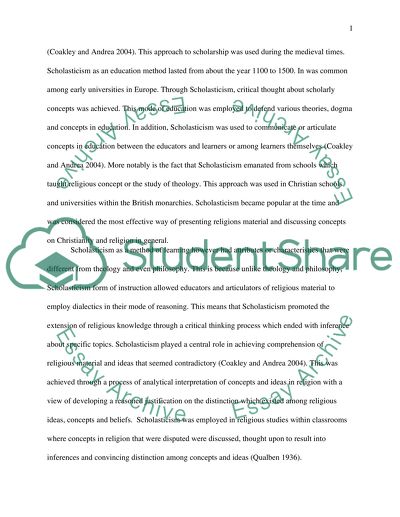Cite this document
(“Scholasticism Term Paper Example | Topics and Well Written Essays - 2500 words”, n.d.)
Retrieved from https://studentshare.org/religion-and-theology/1402275-scholasticism
Retrieved from https://studentshare.org/religion-and-theology/1402275-scholasticism
(Scholasticism Term Paper Example | Topics and Well Written Essays - 2500 Words)
https://studentshare.org/religion-and-theology/1402275-scholasticism.
https://studentshare.org/religion-and-theology/1402275-scholasticism.
“Scholasticism Term Paper Example | Topics and Well Written Essays - 2500 Words”, n.d. https://studentshare.org/religion-and-theology/1402275-scholasticism.


